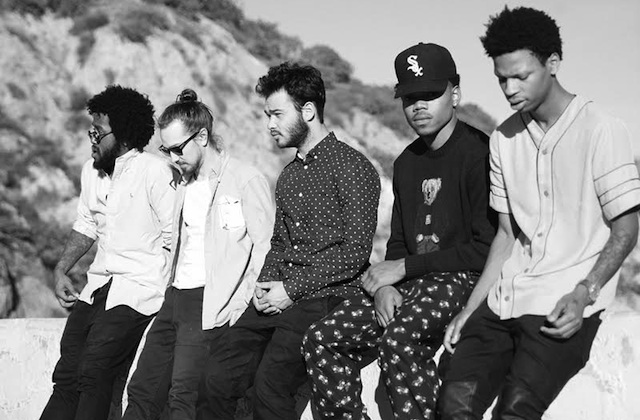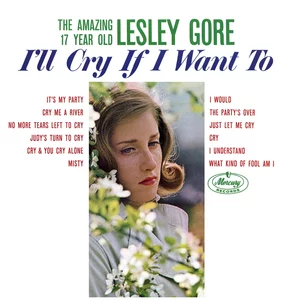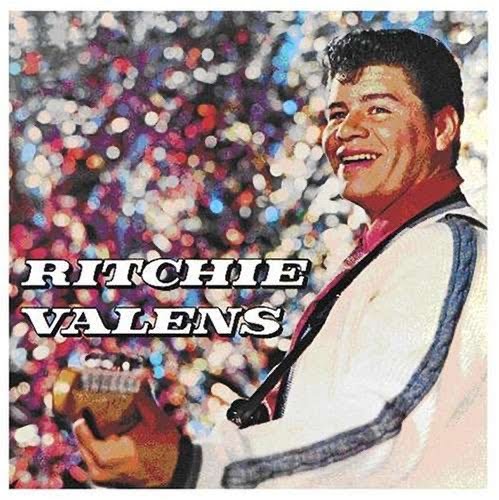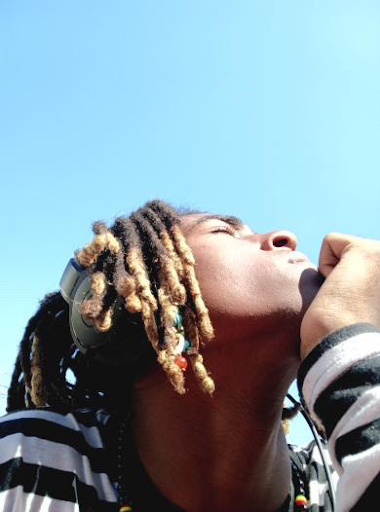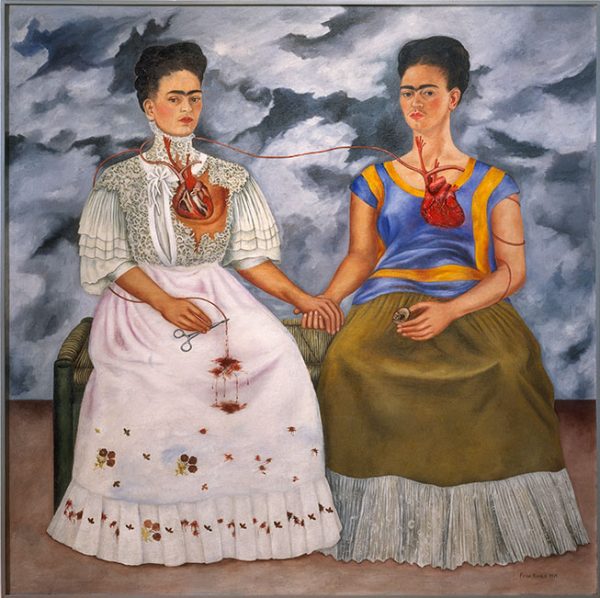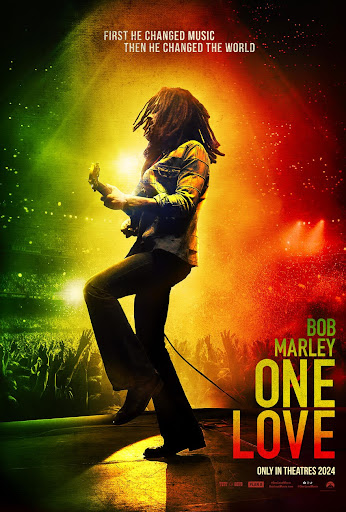Surf’s Up: the perfect summer album
The Social Experiment delivers on their debut album
The Social Experiment consists of Donnie Trumpet, Chance the Rapper, Nate Fox, Peter Cottontale and Greg “Stix” Landfair Jr.
Surf rolls in at just under 52 minutes of intense, mind-bending trumpet solos and guitar riffs, hard-hitting lyrics coupled with sing-songy verses, surprise guests and an overall stellar album experience.
Before you keep reading, it is important to realize that this is not a Chance the Rapper album. It is the product of The Social Experiment working together with other artists. Chance was in no way the only artist that had an influence on the outcome of this album, so the album’s triumphs and shortcomings cannot be blamed on him alone.
Surf is the breakthrough album from Donnie Trumpet (Nico Segal, Donnie Trumpet EP, Illasoul) along with the rest of The Social Experiment, a group comprised of Trumpet, Chance the Rapper (Chancellor Bennett), Greg “Stix” Landfair Jr., Nate Fox and Peter Cottontale (Peter Wilkins).
The Social Experiment is a group of friends who have forgone solo careers to make music with one another. Trumpet used to be a member of the band Kids These Days along with Vic Mensa. However, after the group’s fallout, Trumpet was left all alone. After soon realizing that he just wanted to make music with his friends, he helped form The Social Experiment. The venture has led to singles such as “Wonderful Everyday,” “No Better Blues” and “Sunday Candy.”
The album also features a number of uncredited artists on a number of the tracks, most noticeably, “Warm Enough,” which features artists Noname Gypsy, Chance and J. Cole. There are also the more out-there and unexpected appearances of King Louie and Quavo on the track “Familiar.”
The point of not crediting any of these artists is that the listener does not know what is coming next. It is impossible to tell, on first listen, whether they will receive a soft, melodic interlude like “Nothing Came to Me,” or a more energetic song in “Go.”
Surf begins and ends in the same way, with gospel melodies and flowing rhythm that draws the listener in, leaving them wanting more until the very end.
“Miracle” starts off with a dream-like mix of strings and synthesizers that create an ebb and flow of sound mixed with periods of quiet that make way for Donnie’s trumpet and Chance’s raps that open up the album. Chance opens the album with a verse filled with positive messages and gratitude for the miracle of life, conveyed through lyrics like, “If it’s a miracle/to be alive and well.”
“Miracle” also introduces the influence of gospel music into the album. The gospel influence adds a different tone to the album that contrasts with the trumpet interludes and rap lyrics, and probably stems from Chance’s upbringing and his love for gospel music.
After “Miracle” comes the up-beat, playful style of “Slip Slide,” featuring veteran rappers Busta Rhymes and B.o.B. After the hook following B.o.B.’s verse, there is a short pause and then more dream-like instrumentation as Chance sings, “It ain’t so easy, it’s not so hard… but it’s just too easy to sit back down,” referring to how easy it is to lose one’s footing in the ever-changing music industry. The song focuses on the trials and tribulations of working in the music industry, but also touches on the trophies that come with success in that line of work.
Next up on the album is “Warm Enough,” which features guest verses from Noname Gypsy, Chance and J. Cole. Verses from NoName and Chance mix well together, with overlapping lines that build a story throughout the song. “Warm Enough” touches on how people do not always meet the world’s perception of them. NoName Gypsy sings “Who are you to tell me/I’m not warm enough for summertime?” She implies that she has been put in a specific category that she doesn’t really identify with.
The song also shows an overlying theme of love throughout the three verses, with Chance and NoName relating their verses through the concept of love. NoName raps “Who are you to love me and not call me by my name?” The theme of love continues through to J. Cole’s verse where he raps about his shortcomings and sins in relation to a woman who he compares to a flower.
The next song on the album, “Nothing Came to Me,” is three minutes and 30 seconds of Donnie showcasing his trumpet skills. The musical interlude of “Nothing Came to Me” contrasts sharply with the fiery verses in “Warm Enough.” The song begins with sharp, echoing trumpet notes that seem almost discomforting until halfway through the song when other trumpets join in the background, providing a soothing chord progression for the rest of the track.
“Nothing Came to Me” pairs with the other musical interlude on the album, “Something Came to Me.” “Something Came to Me” shares similar musical elements with “Nothing Came to Me,” however, they differ as well. There is more of a structure right off the bat with “Something Came to Me” as Donnie Trumpet plays over an actual beat in the song. As the song continues, the playing continues to get more and more complicated, while “Nothing Came to Me” is relatively simple in comparison.
Going back to chronological order, after “Nothing Came to Me” is the feel-good track “Wanna Be Cool,” which preaches values of staying true to yourself and not trying to be like other people. The song also exhibits a great beat with trumpet riffs that pull the listener in and layered with rap verses that keep them there. “Wanna Be Cool” features verses from Big Sean and Kyle, while Chance and Jeremih sing on the chorus.
Kyle, a relatively unknown rapper compared to the other rapper on the track, Big Sean, delivers a solid and humorous verse, using lyrics like “Baby got her jeans from Goodwill/But I bet that [expletive] look good still.” Kyle succeeds in conveying the message of the song through this humor.
After the positivity of “Wanna Be Cool,” “Windows” takes on the same message but devoid of the humor and lightheartedness of the previous song. The song begins with a warning from Chance for listeners to “Keep [their] head away from the windows/Keep [their] arms inside the ride,” warning them to stay within the confines of society and not do anything dangerous. However, Chance refutes this statement in the chorus when he says “Don’t you look up to me/Don’t trust a word I say,” implying that he is a bad role model and that his fans should not use him as an example for how to live their lives, and not to trust the words that he writes in his songs, but to trust themselves more than they trust him.
“Caretaker,” the next song on the album, adds on to the melodic elements of “Wanna Be Cool.” The song is slow and smooth, with D.R.A.M. singing the first and only verse of the song over soft keyboard chords and finger snaps. D.R.A.M. is singing to a lost love who has left him for another man. He offers to take care of her, even though she has left him.
“Familiar” is a fun song to sing along to, while delivering a message about people that follow societal norms and behave like everybody else. Chance expresses his distaste for “basic girls” by saying, “Forgive me but you look familiar.” Quavo’s verse is one of the highlights of the entire album. One of the more unexpected features, Quavo usually raps over hard trap beats, so it was a pleasant surprise to hear his verse fit in so well with the soft melodies.
The next song, “SmthnthtIwnt,” continues with the idea that material possessions aren’t as important as they are made out to be with lyrics like “I can’t give a [expletive] about the fabrics that I found in my closet.” The track also continues with religious themes, as Saba raps about his uncle’s death and his grandma’s advice, saying “Pray, that’s what grandma said/You still alive, you are not dead.”
“Go” is a fast paced track featuring Eryn Allen Kane, Jesse Boykins III and LiLi K. on the hook, along with Mike Golden and Joey Purp delivering verses. This is the only song where the album’s title is referenced. In the outro of the song, “Surf’s Up” is repeated seven times, as guitar riffs bring the song to a close.
“Questions” is only two minutes long but is packed with meaning and relevance. The song features Jamila Woods, who asks questions about death and why life is so short for some, saying “Pigs wanna take black mama’s kids” and “Why some of us get to heaven too soon?”
“Rememory” features the legendary Erykah Badu, as Chance displays a rapid flow while assuming the role of a divorced father. Erykah calms Chance in the second verse as the beat slows and Erykah sings, “You’re uneasy I can tell” and “Rememory, you’re safe.”
“Sunday Candy” is the biggest single of the album, and for good reason. The song is a success, combining soulful melodies with meaningful lyrics and excellent musical production. The song opens with a light and upbeat piano melody and hand claps. Trumpets come in while Chance delivers a verse dedicated to his grandma, who is the main subject of the song.
Chance lists all of the qualities that make his grandma special, rapping, “Mine’s is hand made, pan fried, sun dried/Southside, and beat the devil by a landslide.” The entire ode consists of multiple religious metaphors, with “Sunday Candy” being a reference to peppermints that his grandma would give him at church. The song features Jamila Woods on the hook and bridge.
Fast paced drums and Chance’s signature ad-lib enter the song going into the second verse, which is reminiscent of Acid Rap. Chance continues to praise his grandmother, crediting her with looking after the family as well as making Chance want to attend church more often.
During the hook, all instruments except the piano stop playing as Jamila Woods shows off her vocals. The hook repeats as drums re-enter the song, but instead of a fast-paced rhythm, this time the drums provide a driving beat. As the hook repeats again, more instruments enter the scene providing a crescendo effect. The buildup culminates in the bridge, and instead of slowing down, the song goes out with a bang.
The beginning of the final song, “Pass the Vibes,” provides a stark contrast to the end of “Sunday Candy.” “Pass the Vibes” opens with a slow bassline and slow drums, as Eric Butler sings the only verse of the track. The song is about how positivity and happiness, or vibes, can be spread from person to person. The track serves to end the album on a positive note.
Overall, the album was excellent, but there were weak parts about it as well. The second part of the album was not as strong as the first, and there were some songs that were forgettable, such as “Just Wait” and “SmthnthtIwnt.” Some songs, such as “Questions” and “Caretaker,” were good, but much too short. Also, at times there were long pauses in between songs, which worked going into a song like “Nothing Came to Me,” but other times it was just annoying and distracting. Rating: 9/10

Daniel Yenegeta is a senior and Entertainment Editor for The A-Blast. He joined the staff his sophomore year as a staff writer, and he was Sports X-tra...

Ahmad Ayub is a senior at Annandale High School. He runs the one of the Entertainment pages. On his free time, he likes to hang out with friends, listen...

Jarod is a senior at Annandale High School and has been with The A-Blast for four years. Aside from being the Co-Editor in Chief, Jarod also participates...



